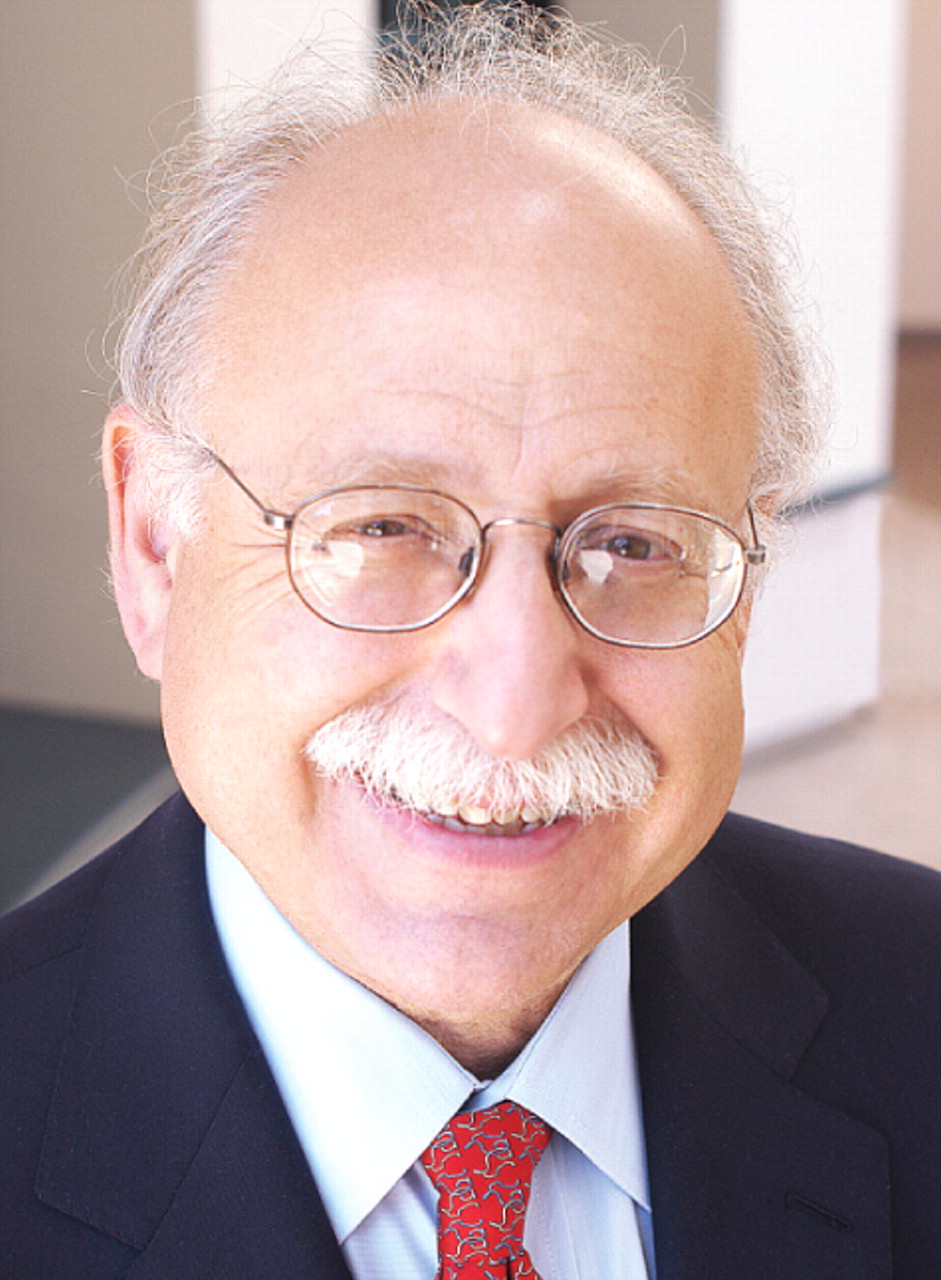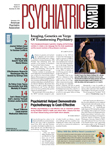APA's 2009 Institute on Psychiatric Services, which was held in New York City in early October, had its largest attendance ever—over 2,000 professional registrants. That's almost twice as many attendees as in 2008 and surpasses the previous high of 1,971 for the 2006 institute in New York. The record attendance may be due to the expanded scope of this year's program—it was broadened from its traditional community psychiatry focus to address the range of clinical issues in psychiatric care. Coverage of the institute begins in this issue of Psychiatric News.
Under the leadership of Dr. Steve Goldfinger, the Scientific Program Committee developed a rich and exciting program. New this year was a series of special lectures by national leaders from various disciplines in our field. These were well attended, as were special courses addressing topics such as psychopharmacology, buprenorphine, and cognitive-behavioral therapy for psychosis. Our psychopharmacology update session drew some 300 attendees.
Jill Gruber, Cathy Nash, and other APA staff did a terrific job on the arrangements for the institute. Although we were all encouraged by the success of the meeting this year, we need to be vigilant about continuing our efforts to make it an enduringly successful meeting, particularly because of the difficult, current economic times.
One question that arises annually in the budget discussions is whether we should continue the Institute on Psychiatric Services. Financially, the meeting usually loses some money, particularly when the overhead costs and staff support are figured into the analysis. Some advocate for doing away with it altogether and incorporating the institute into the annual meeting as a community track. That is certainly one possibility. Another is to continue what the Scientific Program Committee did this year—namely, broaden the content to make it more clinically relevant to a wide range of practitioners. This would make the institute a more extensive educational experience.
Along these lines, we have considered changing the name of the Institute on Psychiatric Services to add “and Clinical Practice.” We would then make the institute more of a continuing education meeting that is held each fall in a major metropolitan area that would be attractive to not only the members at large but also to members residing in strong regional bases, for example, the New York City area this year, Boston and New England next, San Francisco and the West Coast later on. Of course, having the meeting in Dr. Goldfinger's backyard (he chairs the Department of Psychiatry at SUNY Downstate Medical Center in Brooklyn) certainly helped in his impressive success in having a large turnout of residents at the institute.
Those who wish to discontinue the institute make cogent arguments about, for example, its cost and appeal to a relatively small minority of our members. However, it does seem that a fall meeting that meets the professional needs of a broader group of psychiatrists beyond its strong—but relatively small—community base and is accessible to more of our members could work. The Budget and Finance Committee discussed this at length at its recent meeting, and the issue will no doubt come up at the Board of Trustees meeting next month.
To this end, the changes made by this year's Scientific Program Committee should be considered for retention in future institutes. The program chair for the 2010 institute is Dr. Anita Everett, and we need to ensure that she and her committee have sufficient representation and input from members in a wide range of subspecialties who can help plan the program. We should also consider how to finance the meeting and set appropriate fees for courses, registration, and so on. If we are to have a viable enterprise, commitment on the part of many members is required. I look forward to helping Dr. Carol Bernstein, APA's president-elect, and Dr. Everett in their work to build on the next exciting institute, which will be held October 14 to 17 in Boston.
Incidentally, the committee welcomes submissions for next year's institute. The deadline for all formats except posters is December 15; the poster submission deadline is May 19, 2010. More information is posted at <
www.psych.org/IPS>.
I welcome your comments and suggestions about the future of the institute, as well as other areas in which your Association is active. Please write me at
[email protected].


